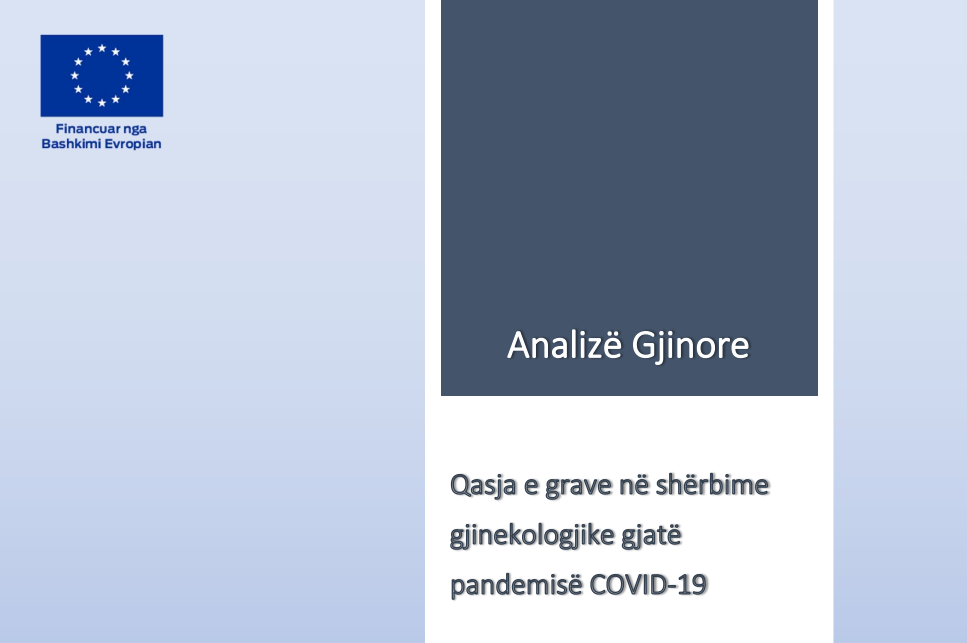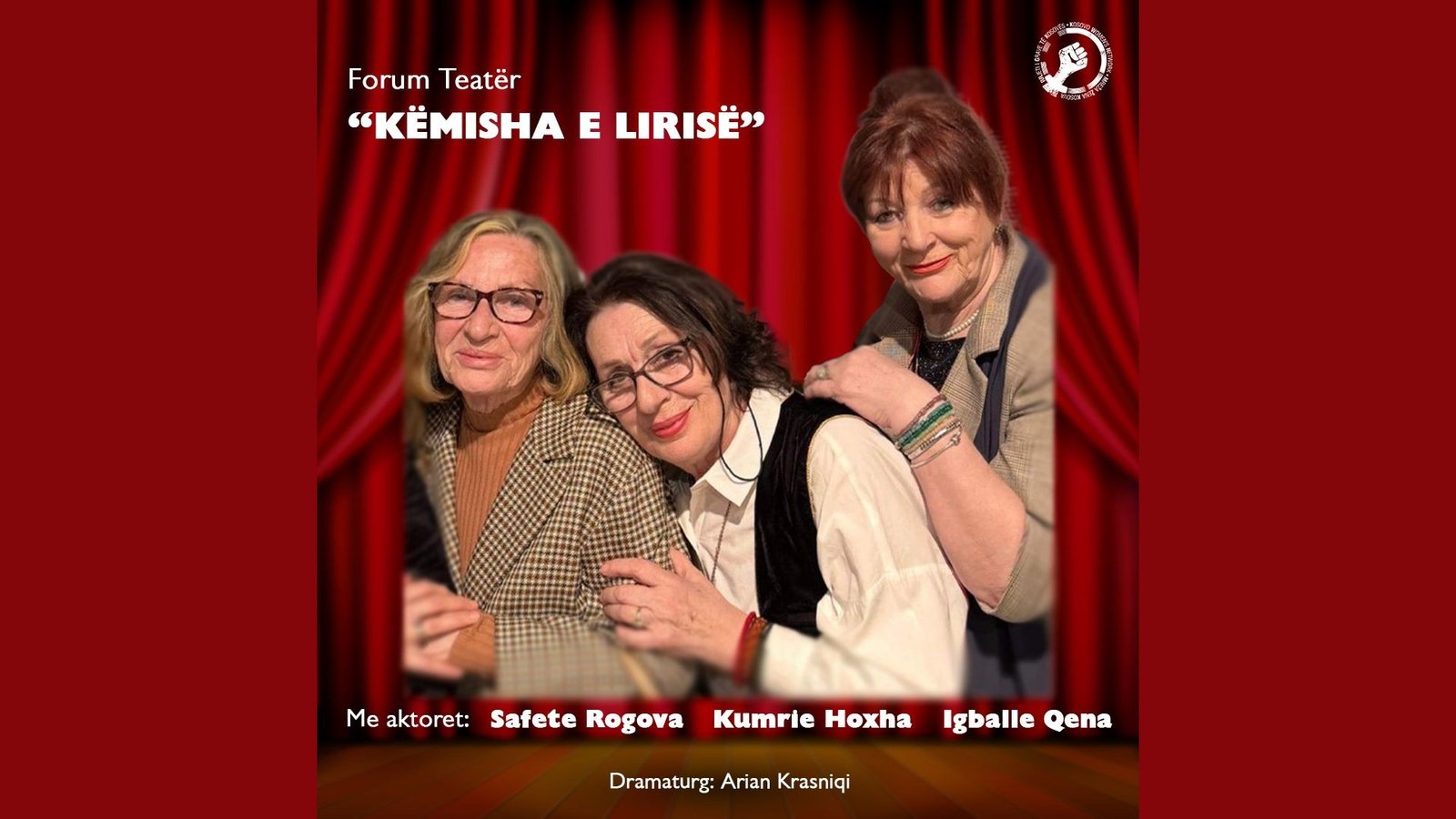Sexual and reproductive rights are fundamental to every human being. Gynecological services and reproductive health play a key role in the overall health of the population, with particular emphasis on women.
The law on health stipulates that all citizens have the right to equal access to healthcare. However, as part of the “Raising Awareness about Reproductive Health among Young People” project, financed by the Office of the European Union (EU) in Kosovo and supported by the Kosovo Women’s Network, NGO Bliri conducted a survey with approximately 100 women from the municipality of Drenas to assess women’s access to gynecological services during the COVID-19 pandemic. Based on the data from this research, it was found that 22% of women in the municipality of Drenas have never had a gynecological checkup, while 27% have had a gynecological checkup once every three years. Only 37% of women in the municipality of Drenas perform routine gynecological check-ups.
What has become concerning is that among the surveyed single women, 62% have never undergone a gynecological check-up, while only 15% of single women have a gynecological check-up once every three years. The restrictions on movement have likely contributed to limited access to healthcare, especially for women who have less access to transportation and health services. Gynecological services have been restricted due to healthcare personnel prioritizing the treatment of patients infected with COVID-19.
Based on the research data, it is evident that in 2020, the gynecology department received approximately 2,000 fewer gynecological visits compared to the pre-pandemic year of 2019. The primary challenges encountered for accessing gynecological check-ups during the COVID-19 pandemic were the lack of financial means, as reported by 42% of respondents, while 32% attributed it to the fear of contracting COVID-19 infection.
Based on the research findings, several recommendations have been drawn. It is suggested that government measures should address intersecting inequalities, taking into account the specific needs of women with different abilities, ethnicities, and those residing in rural areas. This can be achieved through gender impact analyses and direct consultations with these groups. Additionally, there is a need to review current budget allocations to prioritize investments in social infrastructure, particularly in healthcare with a specific focus on reproductive health, care services for individuals experiencing violence, and creating a safe environment. For more detailed information about this publication, please refer to the following link.
NGO Bliri conducted these activities as part of the 17th Round of the Kosovo Women’s Fund, within the initiative titled “Enhancing the Capacities and Resilience of CSO’s: Furthering Gender Equality Amid the COVID-19 Pandemic”, supported by the Kosovo Women’s Fund of the Kosovo Women’s Network. The initiative was funded by the Office of the European Union (EU) in Kosovo.




